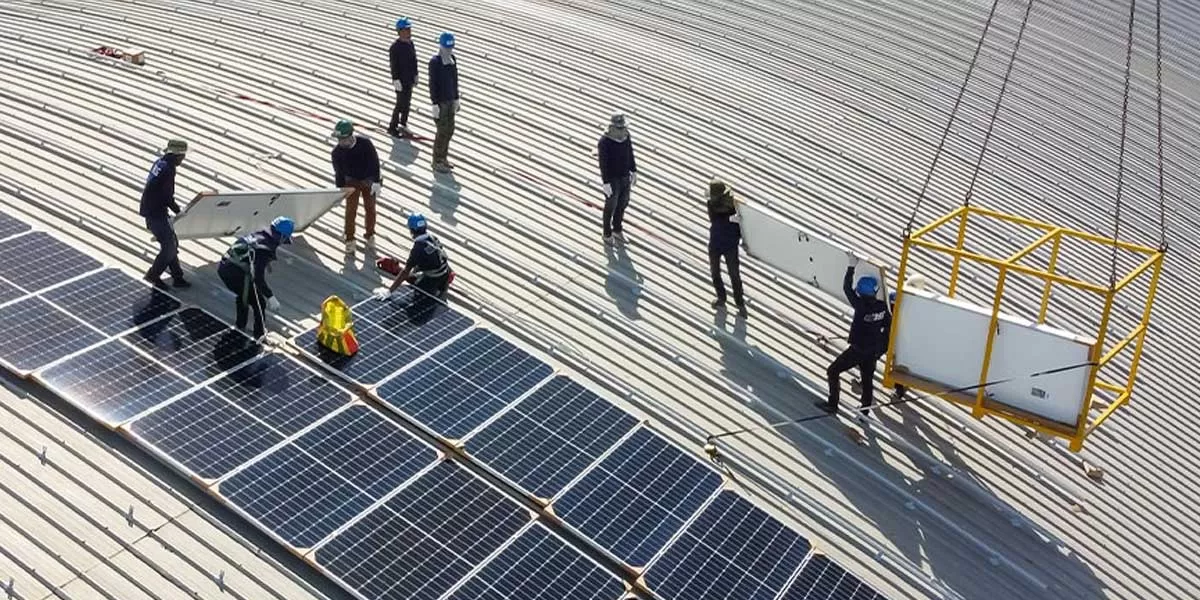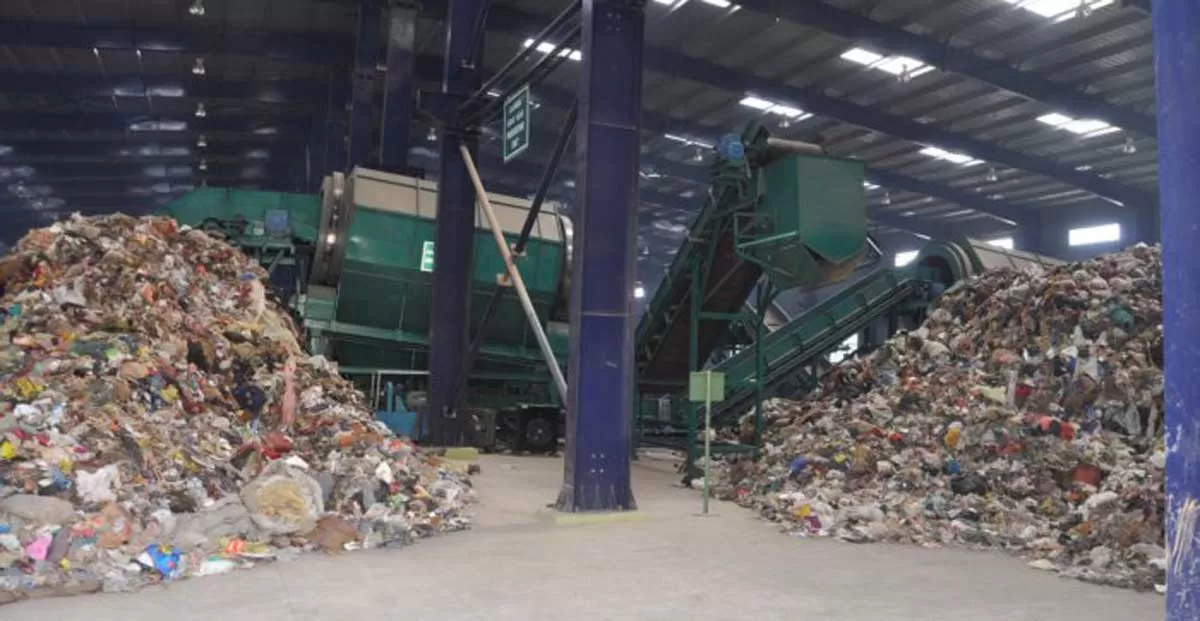

Old Goa Panchayat Demands Scrapping of Bainguinim Waste Mgmt Plant
The Old Goa Panchayat has called for the cancellation of the proposed waste management facility at Bainguinim, warning of potential protests if the government proceeds with the plan. At a press conference, Old Goa Sarpanch Medha Parvatkar, joined by other Panchayat members and concerned citizens, reiterated their opposition to the plant, which has been a source of dissent since 2002. “We have been against the plant since 2002. This area is home to the world heritage site of Old Goa, which includes churches, temples, mutts, schools, and a hospital. We are concerned that the plant could result..

Knauf India Appoints Vijay Mishra as Commercial Director
Knauf, World’s No. 1 company in Drywall & Ceiling Solutions, has appointed Vijay Mishra as its Commercial Director for India operations. With over 23 years of extensive experience in sales, marketing, and business development, Mishra brings a wealth of expertise and leadership that will propel Knauf India into a new era of growth and innovation. Prior to joining Knauf India, Mishra held key roles at various reputed brands, like, H & R JOHNSON, RAK Ceramics, Kajaria Ceramics Limited, Saint - Gobain India and Century Plyboards, where he demonstrated exceptional leadership in strategic plannin..

Avg. Flat Sizes Up 7% in Top 7 Cities in 2024
Despite the significant rise in housing prices across cities in 2024, homebuyers continue their quest for bigger living spaces. Latest ANAROCK data shows that average flat sizes in the top seven cities rose by 8 per cent annually in 2024 – from 1,420 sq. ft. in 2023 to 1,540 sq. ft. in 2024. Back in 2019, the avg. flat sizes in these cities was 1,145 sq. ft., indicating a whopping 34% 6-year jump. "A deep-dive into the data shows that at 29 per cent, NCR saw the highest annual growth of average flat size – from 1,890 sq. ft. in 2023 to 2,435 sq. ft. in 2024," says Anuj Puri, Chairman - AN..














